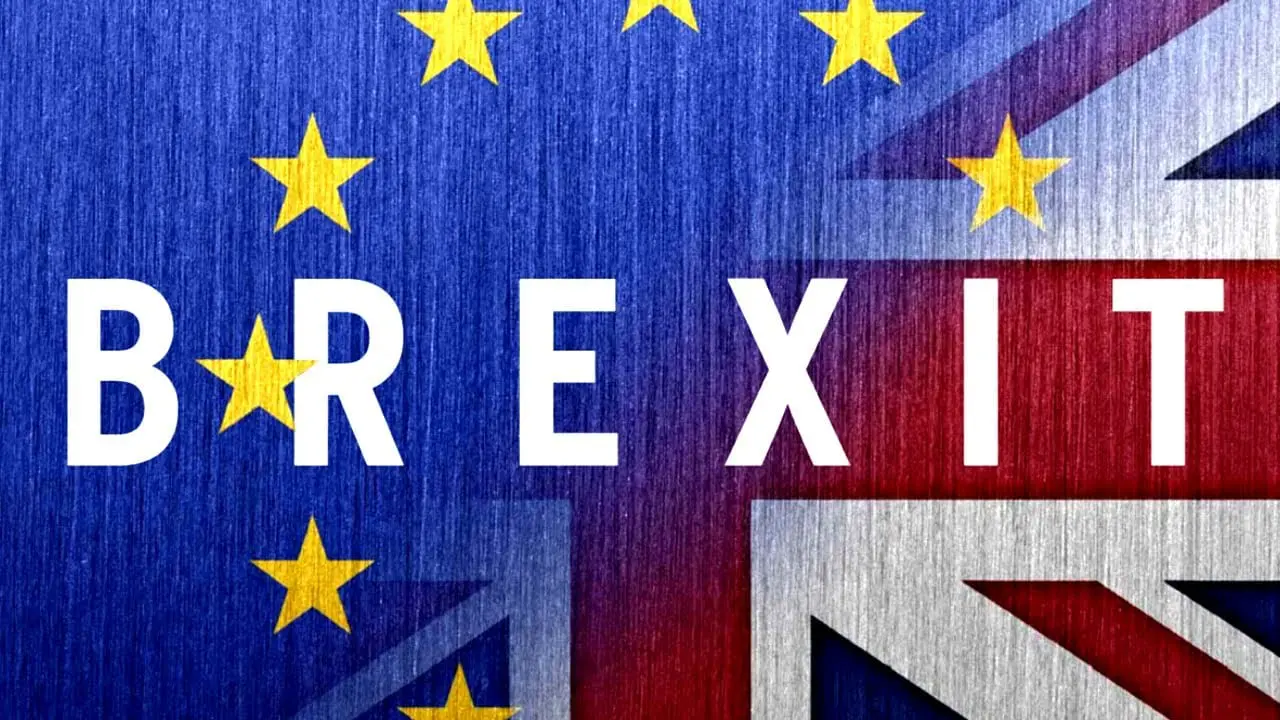European hauliers currently move 85% of the volume of goods that come into the UK. You might therefore think that the EU would be very happy with the UK’s suggestion that cabotage arrangements be kept in place. You would, however, be wrong. Here is a quick guide to what you need to know.
What the UK wants
The UK wants to continue to apply cabotage arrangements. It is perfectly willing to have a symmetrical deal. In other words, it is quite happy to allow EU hauliers to access the UK, provided that UK hauliers can access the EU.
What the EU wants
The EU wants to end the existing cabotage arrangements. Officially, it believes that cabotage would be too close to a single-market agreement, giving the UK the benefits of EU membership without the costs and commitment involved. This explanation does not, however, make real-world sense.
Cabotage relates to the movement of goods from A to B. It does not require the UK to have unrestricted access to the single market any more than it requires the EU to have unrestricted access to the UK market.
In fact, if it did, then the UK government would probably be less enthusiastic about continuing the arrangement especially given that EU hauliers move almost 6 times the volume of goods into the UK than UK hauliers do.
Could this be a bargaining chip?
The EU’s intransigence may be nothing more than a political bargaining chip. The obvious problem with this theory is that if the EU wanted to play hardball, it would make more sense to choose an issue from which the UK benefited more than the EU. That just does not apply here.
In fact, the raw transport figures only show part of the reason why the EU needs a cabotage agreement more than the UK does. You need to look at a map to see the rest. If you want to transport goods between the Republic of Ireland and mainland Europe, then it’s virtually impossible to avoid taking them through the UK. If the EU does not reach some sort of cabotage agreement with the UK, then the RoI could be left very exposed.
Another possibility is that the EU is coming around to the idea of a hard Brexit and is adjusting its stance accordingly. This cannot be ruled out, but again, it seems very odd that they would pick a fight on an issue where they had so much to lose.
Where now?
On the grounds that it’s better to be safe than sorry, UK hauliers should start their preparations for the worst. That said, this does seem to be one issue where common sense ought to prevail.
The EU has already given its banks until mid-2022 to make alternative arrangements to their use of the UK’s clearinghouses. It would therefore make sense that they would give their own haulage operators time to work out how they would cope with the absence of cabotage arrangements with the UK.
If temporary cabotage arrangements were put in place, then the numbers suggest that the UK would figure out a way to live without them far more easily than the EU. That’s even before you start thinking about the impact on the Republic of Ireland. If the EU, in general, does not realize this, then the RoI probably does and will almost certainly make its voice heard.
That being so, it seems both possible and plausible that some form of deal will be reached before January, even if it’s only a temporary one (or at least only meant to be temporary). In other words, there’s still hope for the best.
If you need haulage and international delivery specialists, please contact us.



Recent Comments